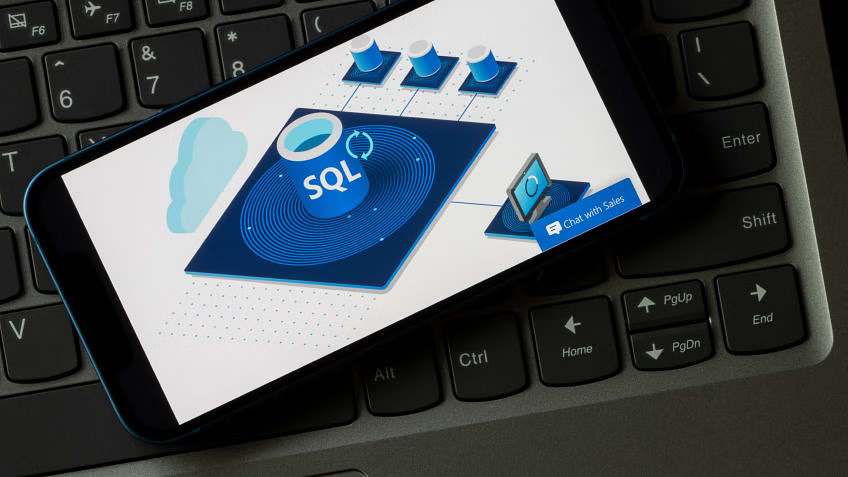Structured Query Language (SQL) has long been recognized as the foundation of relational database administration, providing a standardized language for organizing, querying, and modifying structured data. However, as data management has developed, new methods have emerged to meet a range of demands and inclinations.
SQL alternatives provide many techniques for data management. Unstructured data benefits from the capacity and versatility of NoSQL databases such as MongoDB and Redis. New SQL databases like Google Spanner and CockroachDB combine flexibility and temporal capabilities. For handling linked data in programs such as networking sites, graph-oriented databases such as Neo4j are excellent. Periodical databases, such as InfluxDB, are essential for monitoring the Internet of Things because they optimize storage for repetitive information. Designed for immediate analysis, databases that operate in memory, such as SAP HANA, prioritize performance by keeping data in RAM. Knowing these options helps companies select the best one for their distinctive needs, objectives for performance, and sustainability demands.

